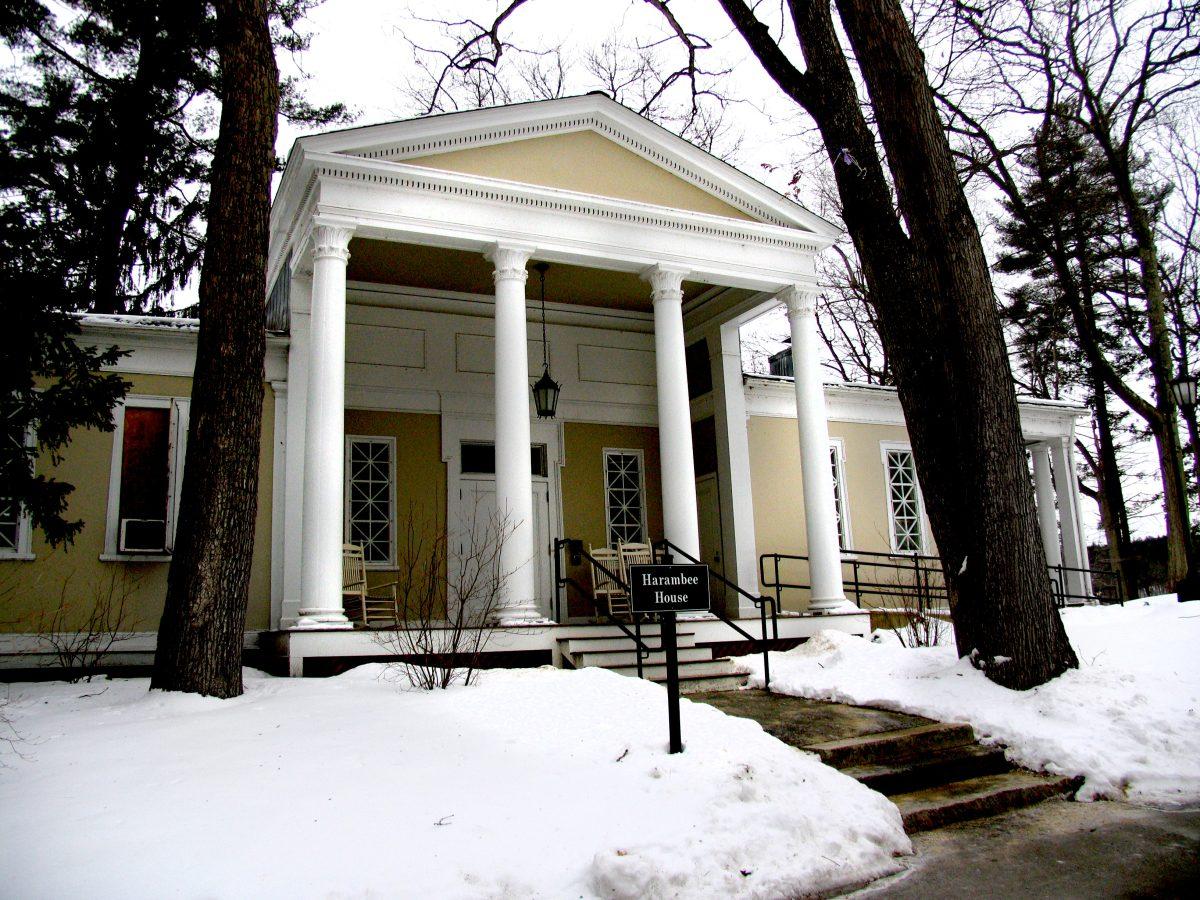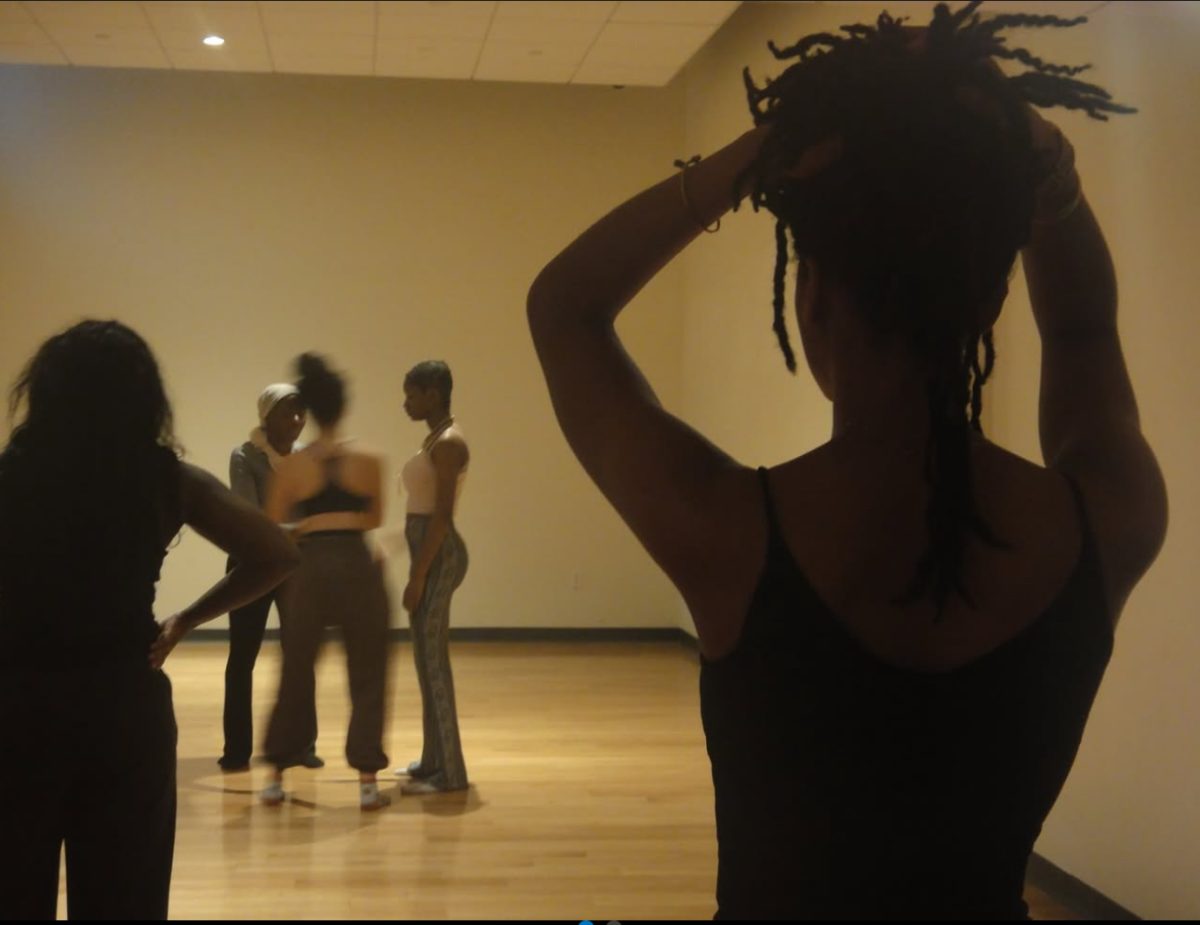Wellesley College’s Harambee House has been working for 45 years to support the college’s students of African descent. This month, student organizations and administration that work through Harambee House have coordinated a diverse arrangement of on-campus events to celebrate Black History Month. This year’s theme, as chosen by the Association for the Study of African American Life and History, is “Hallowed Grounds: Sites of the African Diasporic Memories.”
Dr. Tracey Cameron, Assistant Dean of Intercultural Education and director of Harambee House found that this year’s theme of “Hallowed Grounds” is particularly relevant to various spaces on campus, including Harambee House.
“From a campus perspective, Harambee House serves as hallowed ground for students, alumnae, faculty and staff at Wellesley College,” she said. “Harambee House is black history. If it wasn’t for the numerous acts of protest in the late 1960s, this space would have never come into fruition. It is because of the continued efforts of alums, students, faculty and staff that Harambee House continues to thrive 45 years after its inception.”
Every year, Harambee House collaborates with other student organizations to create a schedule of Black History Month events for the Wellesley community. One of the collaborations this year was with the Wellesley African Students Association (WASA), an organization that seeks to promote awareness about matters relating to Africa and Africans in the Diaspora.
In honor of Black History Month, WASA implemented a week-long film series as a way to commemorate the history of the continent as well as diverse works produced by African filmmakers.
According to Cindy Coffee ’16, president of WASA, many of the themes conveyed included the conflicting nature of traditional and modern ways of thinking, city life, repatriation, child soldiers and historical wars.
“We hope [students] got to see that the ‘African’ story isn’t one-sided and that, just like anywhere else in the world, there are good and bad tales to tell,” Coffee explained.
In addition to WASA’s “Africa Week” film series, other events held this month include Wellesley College’s Women for Caribbean Development (WCD) Expo, which will take place at the end of February.
Kariely Reyes ’17, co-president of WCD, explained that the purpose of this year’s Expo is to celebrate cultural diversity within the black community.
“Our Expo this year is especially focused on bringing attention to the diversity within the Caribbean diaspora, which in turn shows the diversity that is present within the black community, both on and off the Wellesley College campus. Although some of the members of WCD don’t identify as black or as people of color, we like being a part of the celebration of black history and culture,” Reyes explained.
Delving into the religious rather than cultural aspect of Black History Month, the Black Women’s Ministry (BWM) is holding an ongoing, month-long discussion series entitled “But Where is God,” which pertains to race, social justice and the Bible. The topics covered in these discussions are highly diverse, ranging from the presence of white supremacy in the church to the church’s positive role in racial reconciliation.
Co-president of BWM Christina Phelps ’16 elaborated on the two main objectives of this discussion series.
“One purpose is to provide a space where people can talk openly about the intersections between race, social justice and the Bible, to provide a space where students feel free to raise questions, concerns and affirmations of any of their personal views,” she said. “The other purpose is to understand race and social justice from a gospel-centered perspective. Black History Month is an opportunity to celebrate progress, be critical of that progress and advance that progress.”
Co-president of BWM Natalie Mendenhall ’17 also explained her perspective regarding the intersection of Black History Month and religion, describing it as a complicated relationship.
“Some people, myself included, wrestle with how religion has been misused to justify injustices towards people of color,” said Mendenhall. “However, the relationship between Black History Month and religion is [also a] special one because it allows a space for black people who are religious to explore and question the rich history of both their ethnicity and religion.”
Reyes agreed that Black History Month is a time to explore and celebrate the complex nature of diversity in black culture.
“For me, Black History Month is a time for celebrating a rich history that at times may be overlooked. It’s also a time to educate people about the black culture and diversity that exist within it, and it’s a month meant to honor people who played major roles in shaping society by fighting for their rights,” Reyes said.






